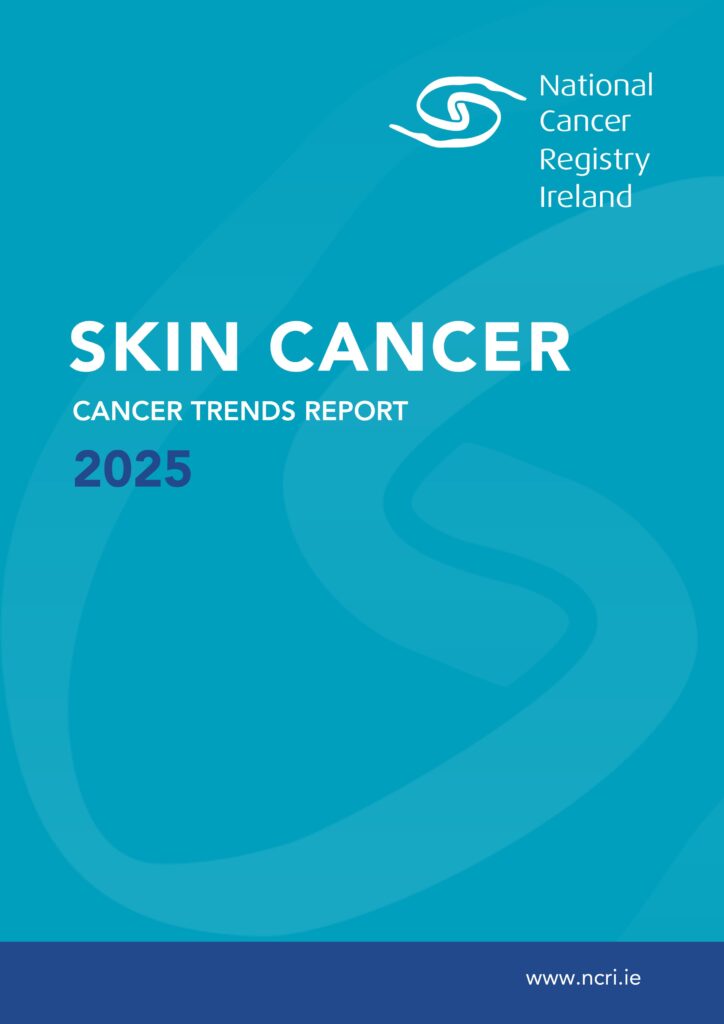Japanese researchers at an early phase in clinical trials, have found that a new drug given as a single injection, reduced the itch, sleep disturbance and topical steroid use in patients with atopic eczema, according to a study published in the British Journal of Dermatology.
What is atopic eczema?
Atopic eczema is a common, non-contagious inflammatory skin condition. It is characterised by red, dry, itchy skin which can sometimes weep, become blistered, crusted and thickened. It can start at any time of life but is most common in childhood, affecting approximately 1 in 5 children. Atopic eczema can run in families and often occurs alongside other atopic conditions, including hay fever and asthma.
Major symptom
The major symptom of atopic eczema is an intense itch. Scratching only provides temporary relief, and leads to more itching and scratching (described as the itch-scratch cycle), which worsens eczema, interferes with sleep and reduces the patient’s quality of life. Researchers are now attempting to directly target the mechanisms responsible for the itch sensation.
Mechanisms thought responsible for itch sensation
Patients with atopic eczema produce higher levels of a cytokine (protein) called ‘interleukin – 31’ , (also known as ‘IL – 31’), found in the blood and affected skin. IL – 31 is thought to be responsible for skin itching. When IL – 31 binds to a receptor called IL – 31 Receptor A, it can send a signal to other cells and influence their behaviour, resulting in an itch sensation.
An antibody is a type of protective protein produced by the immune system when it detects the presence of unfamiliar or ‘foreign’ substances, which may prove harmful to the body. Antibodies then bind to these substances, so that they can be identified by other cells and destroyed. In this study, researchers examined whether an injection of an antibody called CIM331 which binds to IL -31 Receptor A, would block the IL – 31 signal and reduce the itch.
Research study
The participants involved in the study were volunteers, who were either patients with atopic eczema or people without eczema. They all received a single injection of either a placebo (fake medicine) or CIM331, at different dosages.
Response to treatment was assessed by comparing each participant’s scores on a scale used to measure itch, at the start of the study (before the injection), and during the following eight weeks. Itch scores were reduced by up to 33% in patients who received CIM331 (depending on the dose received) one week after treatment, compared to a reduction of 9% in the placebo group.
At four weeks after treatment, itch scores were reduced by between 44% and 50% in the CIM331 group, compared to a reduction of 20% in the placebo group. These favourable results were maintained at eight weeks, which was the end of the monitoring period. During this period, sleep disturbance was also reduced, as was the requirement for topical steroid used to manage eczema (hydrocortisone butyrate). None of the volunteers experienced any serious side effects.
During the trial period, sleep disturbance was reduced
Hope for the future
In light of the findings from this first human trial of CIM331, the authors conclude that it may become a new therapeutic option for atopic eczema in the future.
The research article by Nemoto et al (2015) in the British Journal of Dermatology can be viewed online at: http://onlinelibrary.wiley.com/doi/10.1111/bjd.14207/pdf












